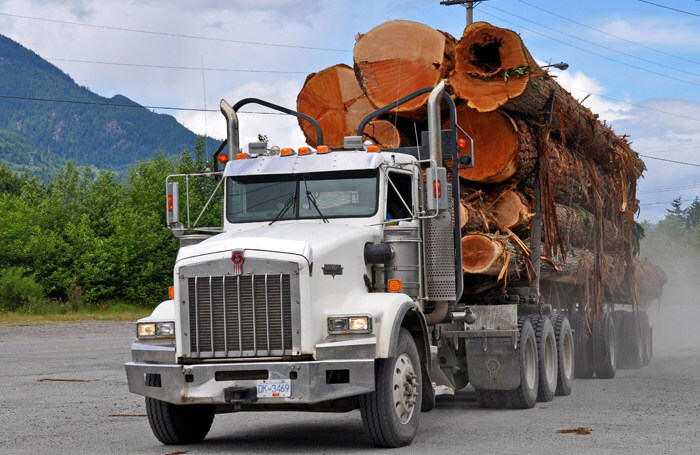Unifor is calling on the federal government to intervene after U.S. President Donald Trump announced new tariffs on Canadian softwood lumber, furniture and cabinetry exports, according to the union.
The White House issued a Presidential Proclamation on Sept. 29 under Section 232 of U.S. trade law. The tariffs begin Oct. 14 and will increase on Jan. 1, 2026, reaching up to 50 per cent on some products, according to Unifor.
The proclamation includes a 10 per cent duty on Canadian softwood timber and lumber exports, in addition to existing anti-dumping and countervailing duties, the union said.
“Donald Trump is once again attacking Canadian workers and communities under the guise of so-called national security,” said Lana Payne, Unifor national president. “This is an outrageous and unjustified assault on our sovereignty and our economy. These tariffs threaten thousands of good jobs across forestry and manufacturing. We will fight back with everything we have to protect our members and this industry.”
Economic impact
Nearly $10 billion worth of Canadian exports in lumber, furniture and related goods to the U.S. will be affected by the new tariffs, according to Unifor. Sawn lumber represents more than $7.7 billion of those exports, the union said.
Workers in British Columbia, Quebec, Ontario and Atlantic Canada will be most affected, according to Unifor. The proclamation is structured to potentially expand the list of products subject to tariffs over time, the union said.
“Workers and families in forestry towns in Quebec, and across the country have been carrying the burden of U.S. trade aggression for far too long,” said Daniel Cloutier, Unifor Quebec director. “It is time for the federal government to draw a line in the sand and implement a real industrial strategy for our critical forestry sector.”
Union demands
Unifor is asking the federal government to take three actions:
Emergency supports — Stabilize forestry and manufacturing jobs in affected communities
Industrial strategy — Convene a National Industrial Strategy Council for forestry and wood products to develop a long-term, value-added vision for the industry
Income protection — Establish a program to safeguard workers’ livelihoods during ongoing trade disputes
“Trump’s tariffs make U.S. homes and goods more expensive while threatening Canadian jobs. It’s bad policy for both sides of the border,” Cloutier said. “We cannot let Trump dictate the future of Canadian industries. Ottawa must act now.”
Unifor represents 320,000 workers in the private sector across Canada, according to the union.






